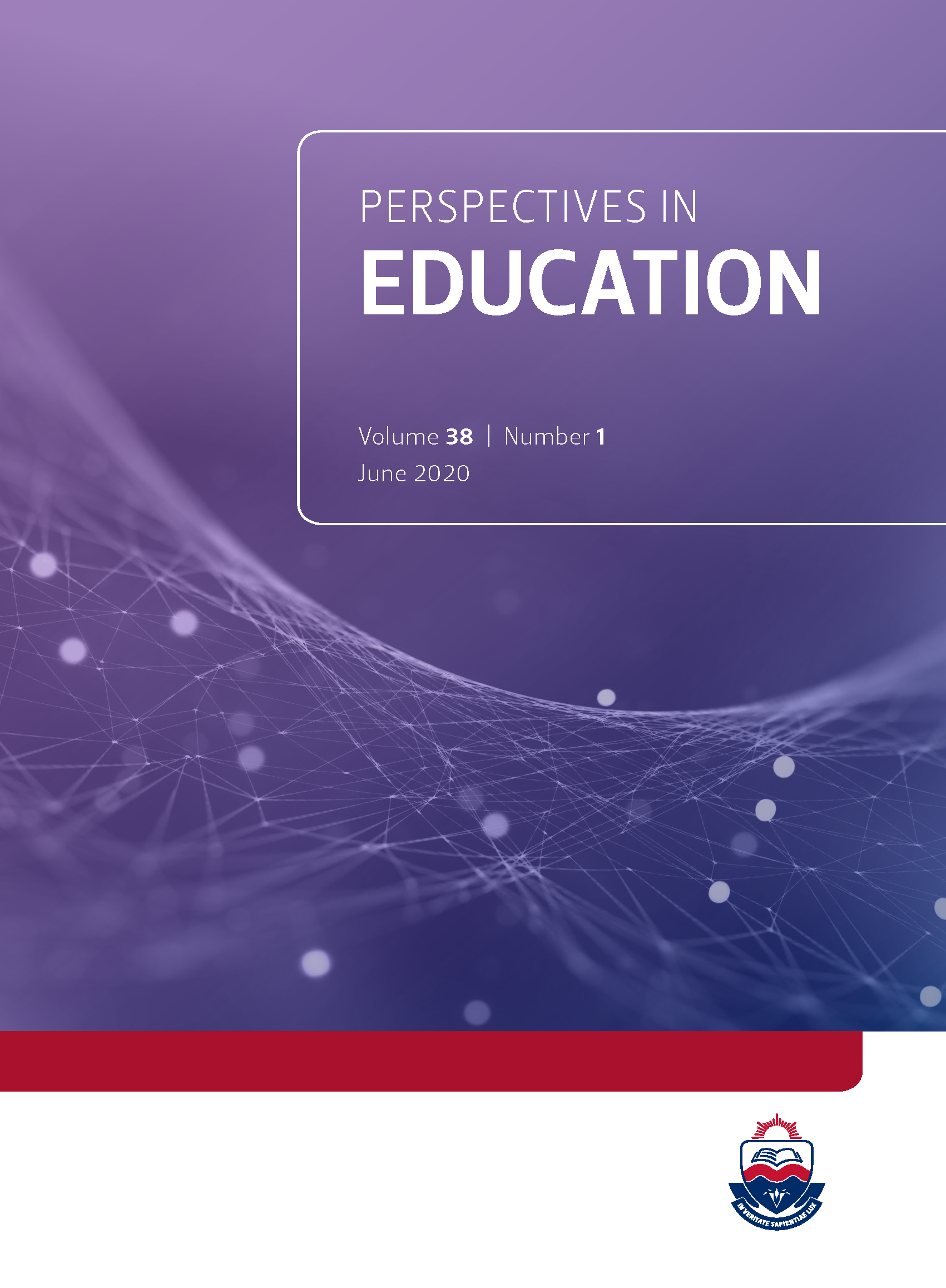Kenyan doctoral students’ success: Roles of motivation and self-efficacy
DOI:
https://doi.org/10.18820/2519593X/pie.v38i1.9Keywords:
Doctoral student access, Student pace, Intrinsic motivation, Extrinsic motivation, Self-efficacyAbstract
Doctor of philosophy (PhD) degree holders are highly regarded in Kenya, especially in academia, and the Kenyan economy needs them to undertake administrative, research and innovation roles in both academia and industry. However, attaining this qualification is arduous, and Kenyan PhD programmes are characterized by low enrolment numbers, long degree completion times and low graduation rates. In other countries, PhD students’ success has been linked to motivation and self-efficacy. This cross-sectional study explores the extents to which motivation and self-efficacy relate to PhD student success in Kenya and to which this relationship differs across background and program characteristics. Using multiple linear regression, the authors analyse data from an online questionnaire administered to 628 PhD students enrolled between 2010 and 2018. The findings indicate that extrinsic motivation does not predict PhD students’ pace. Intrinsic motivation positively predicts students’ pace in the Medical Sciences program cluster and for those aged 51 years or older. Self-efficacy negatively predicts students’ pace in the Medical Sciences program cluster.
Downloads
##submission.downloads##
Published
How to Cite
Issue
Section
License
Copyright (c) 2020 Author(s)

This work is licensed under a Creative Commons Attribution 4.0 International License.





